US military-industrial complex needs China as an enemy: Ron Paul
Former American presidential candidate Dr. Ron Paul has pointed out that US war hawks have targeted China as the United States' main adversary.
The US government, the hawks and war-mongers in the Deep State all "have to have the monster. The current greatest monster, the Hitler of the day, is the Chinese," Paul said while commenting on the recent multi-billion nuclear submarine deal between Australia and the US. The deal has angered China.
The former Texas congressman explained that by demonizing China the US government aims to provide an enemy to use as a political tool.
"They have to have a target. The military-industrial complex has to have a target, and the military has to have a reason for existing. It has to use it as a political tool," he explained.
Paul said US politicians in Washington were competing among themselves over who is the most aggressive against Beijing. "They are all for this stuff. There is a contest, a lot of competition in Congress over who can be the most hawkish against them."
He further explained that US policy in regard to the issue of the South China Sea and the possibility of it emerging as a potential flashpoint is due to Washington's provocations followed the same line.
Paul noted that by demonizing Beijing they try to justify the recently established military pact between the US, Britain, and Australia, AUKUS.
Under the new Australia-UK-US alliance, the three countries have agreed to enhance the development of joint capabilities and technology sharing and foster deeper integration of security and defense-related science, technology, industrial bases, and supply chains to protect what they called their shared interests in the Indo-Pacific region and counter the so-called growing military assertiveness of China.
The pact also gave the US military-industrial complex a chance to supply Australia with nuclear submarines, canceling a $40 billion deal between France and Australia that was signed to supply French-designed diesel-electric submarines to the Australians.
France announced late on Friday that it would recall its ambassadors to both the US and Australia over the allied nations “unacceptable behavior”
Both China and France denounced the new Indio-Pacific security alliance between the US, Britain and Australia, with Beijing accusing the three powers of intensifying an arms race in the region and Paris calling it “a knife in the back”
In the meantime, Russia objected to Australia's attempt to becoming a nuclear power under the trilateral pact.
Russian Permanent Representative to the International Atomic Energy Agency (IAEA) in Vienna Mikhail Ulyanov said on Friday that “time has not come yet for such estimations” about Australia turning into a nuclear power.
VIDEO | Press TV's news headlines
Report: Epstein account remained active after death, lists Israeli ex-military figure among contacts
VIDEO | Choosing to stay: Palestinian-Americans building life at home
FM questions ‘narrative’ pushed by Israeli-American Trump donor’s outlet ahead of Netanyahu visit
US lawmaker blasts attorney general for ‘lying under oath’ over handling of Epstein probe
Iran received no concrete US proposal in Oman talks: Security chief
Nouri al-Maliki defends Hashd al-Shaabi as inseparable part of Iraqi security system
British PM Keir Starmer faces calls to resign


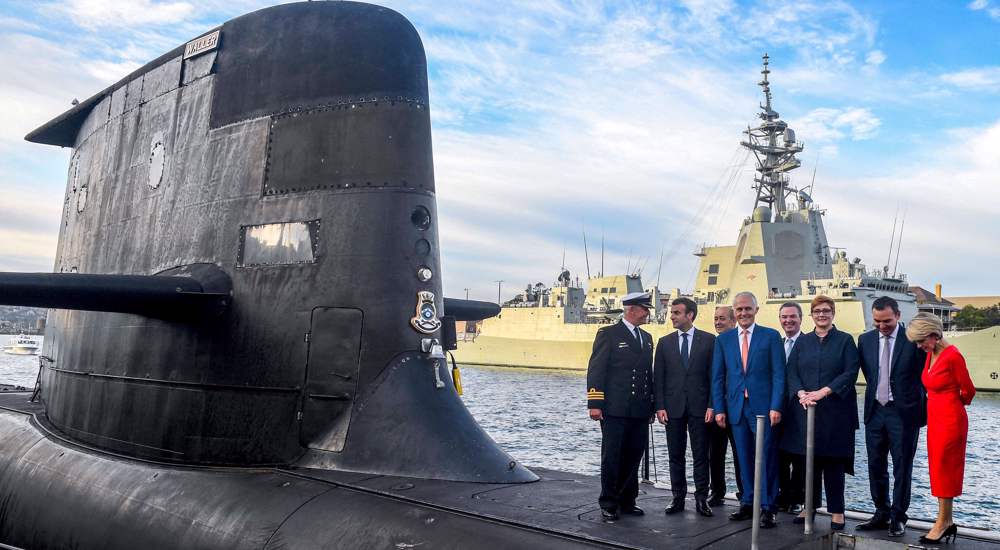
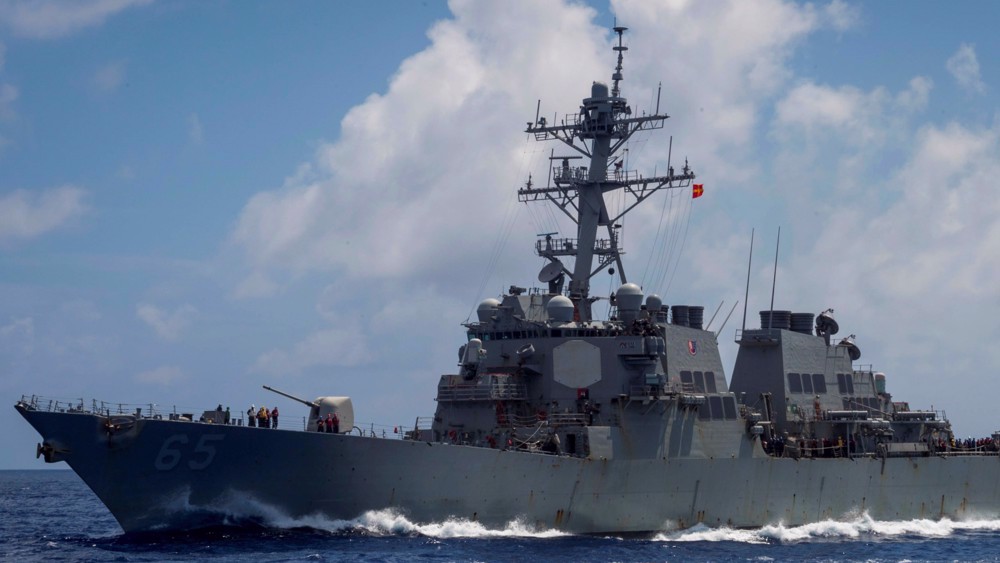
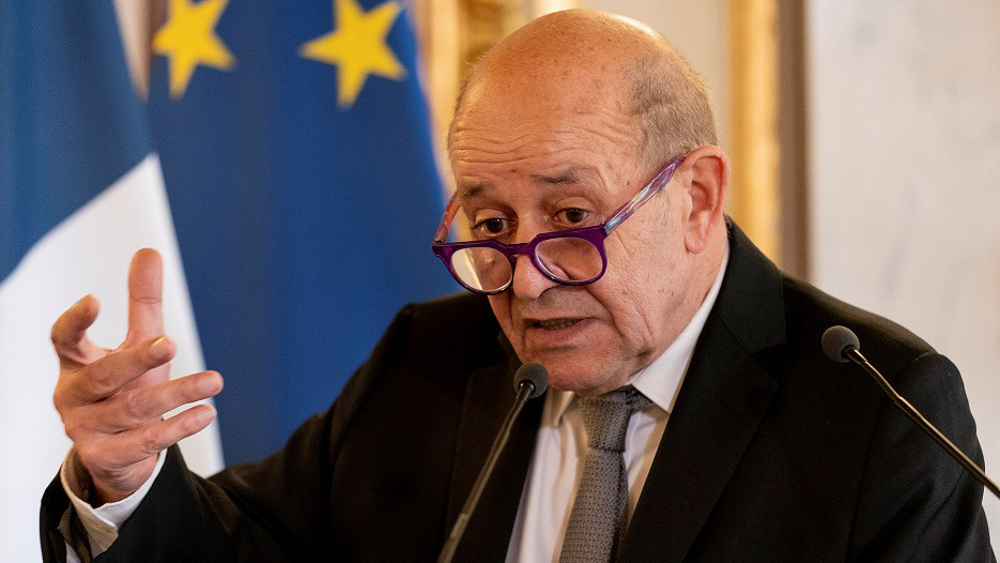
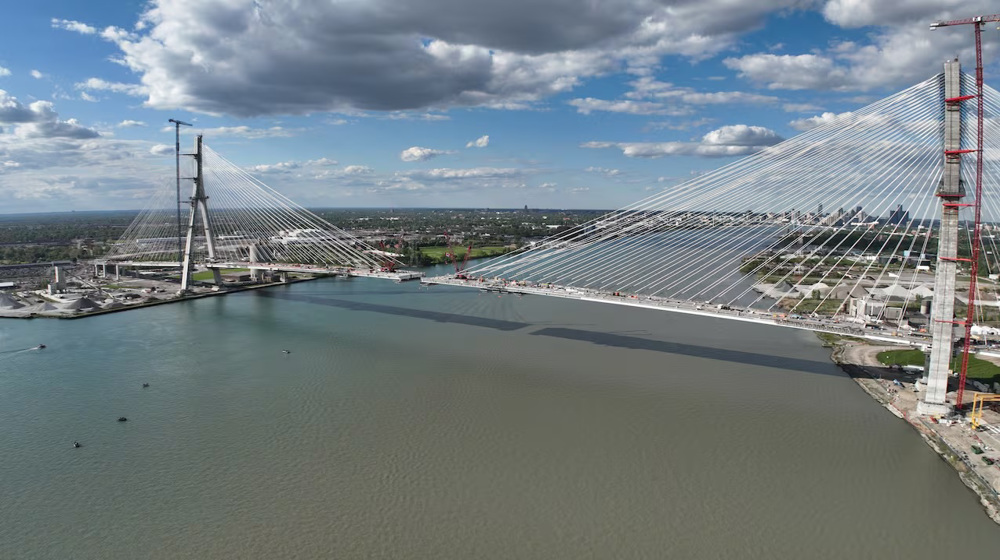
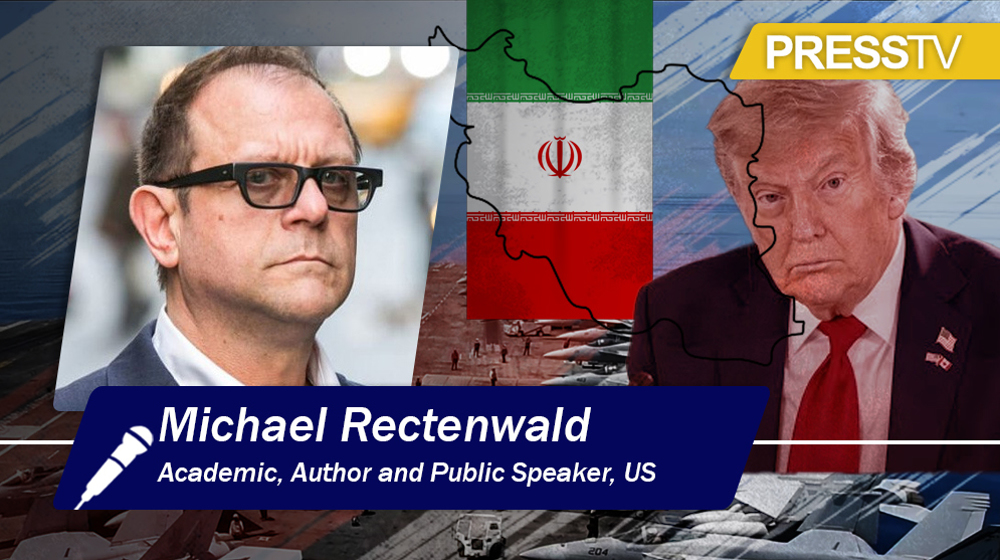
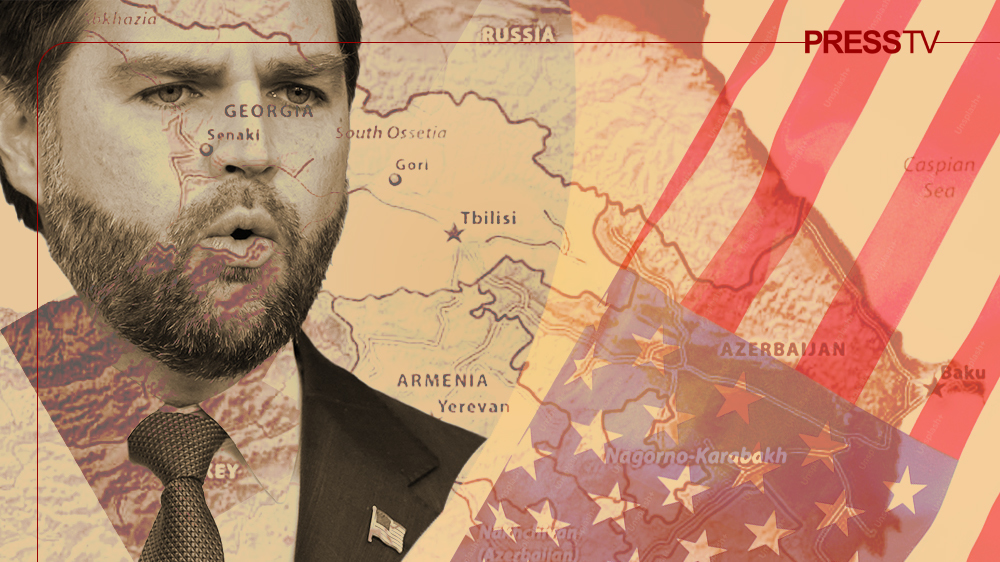





 This makes it easy to access the Press TV website
This makes it easy to access the Press TV website